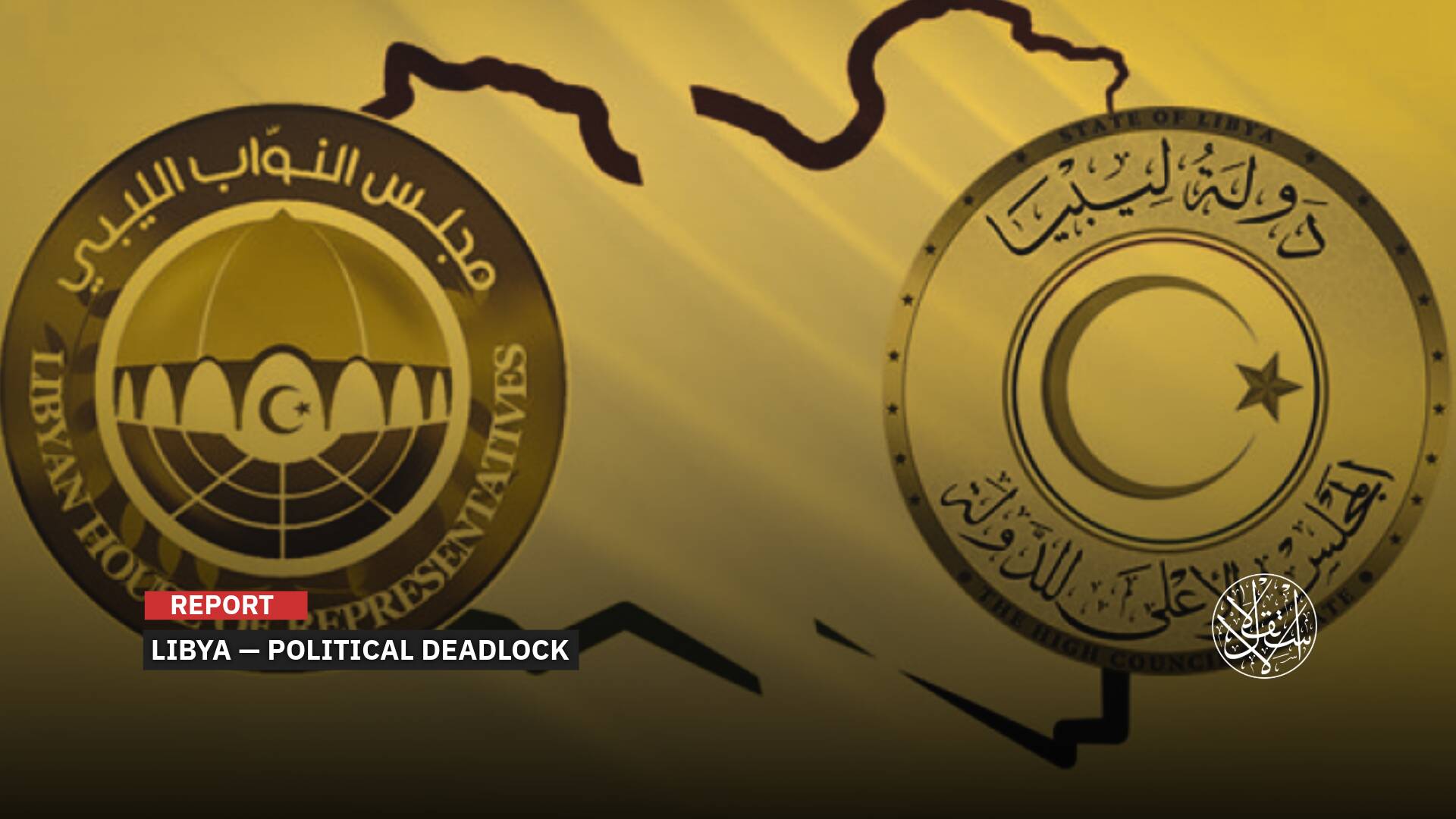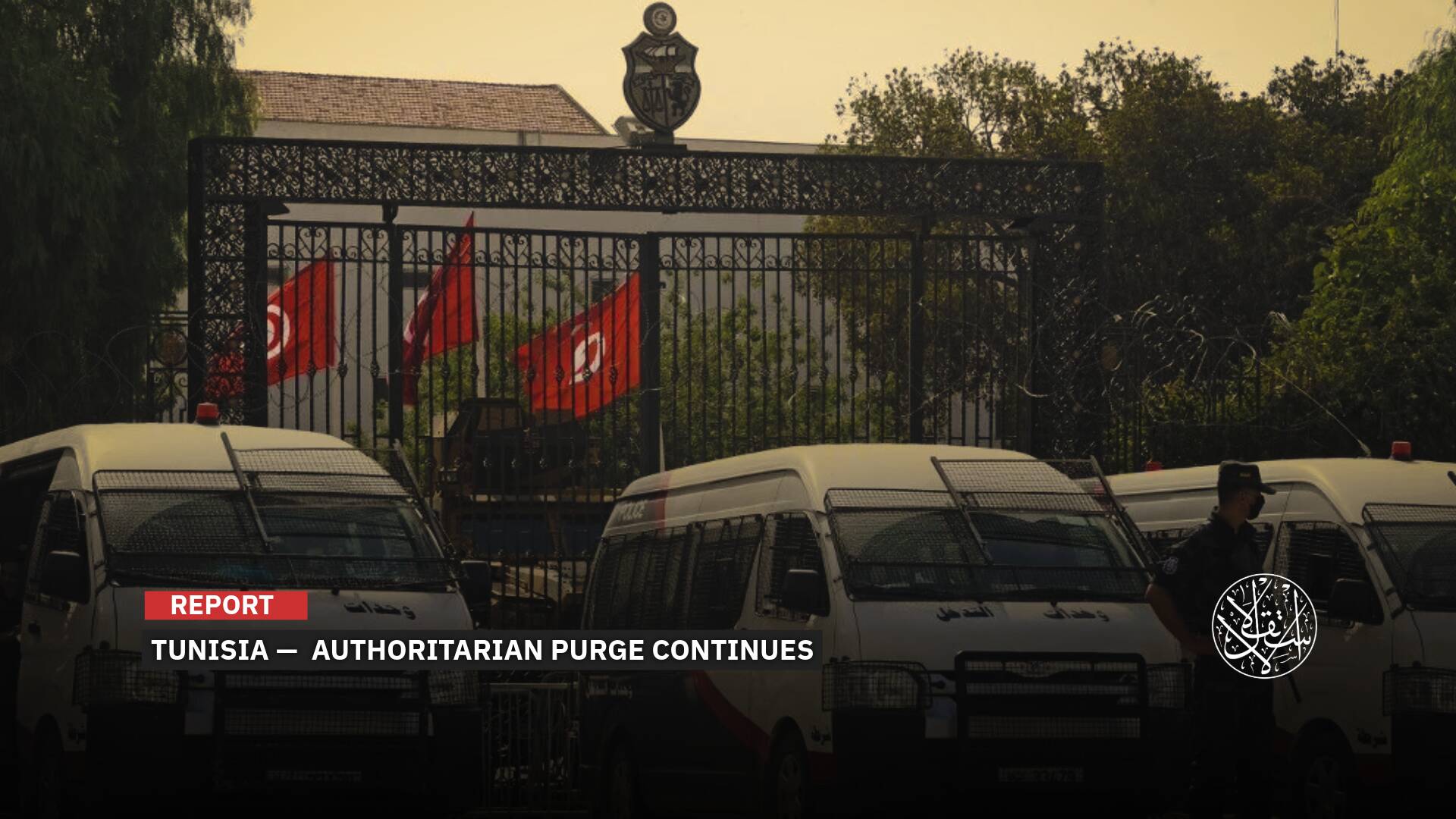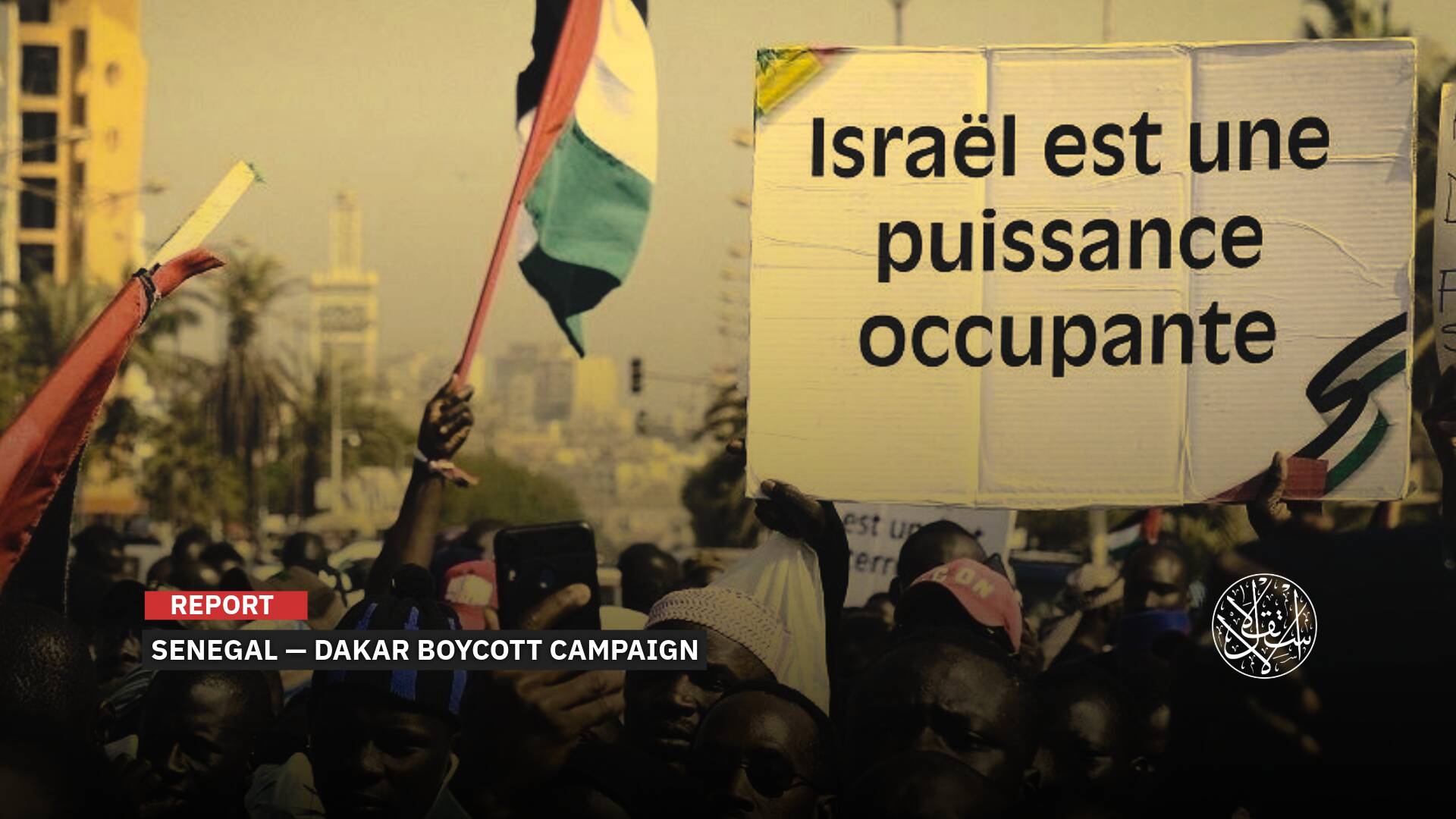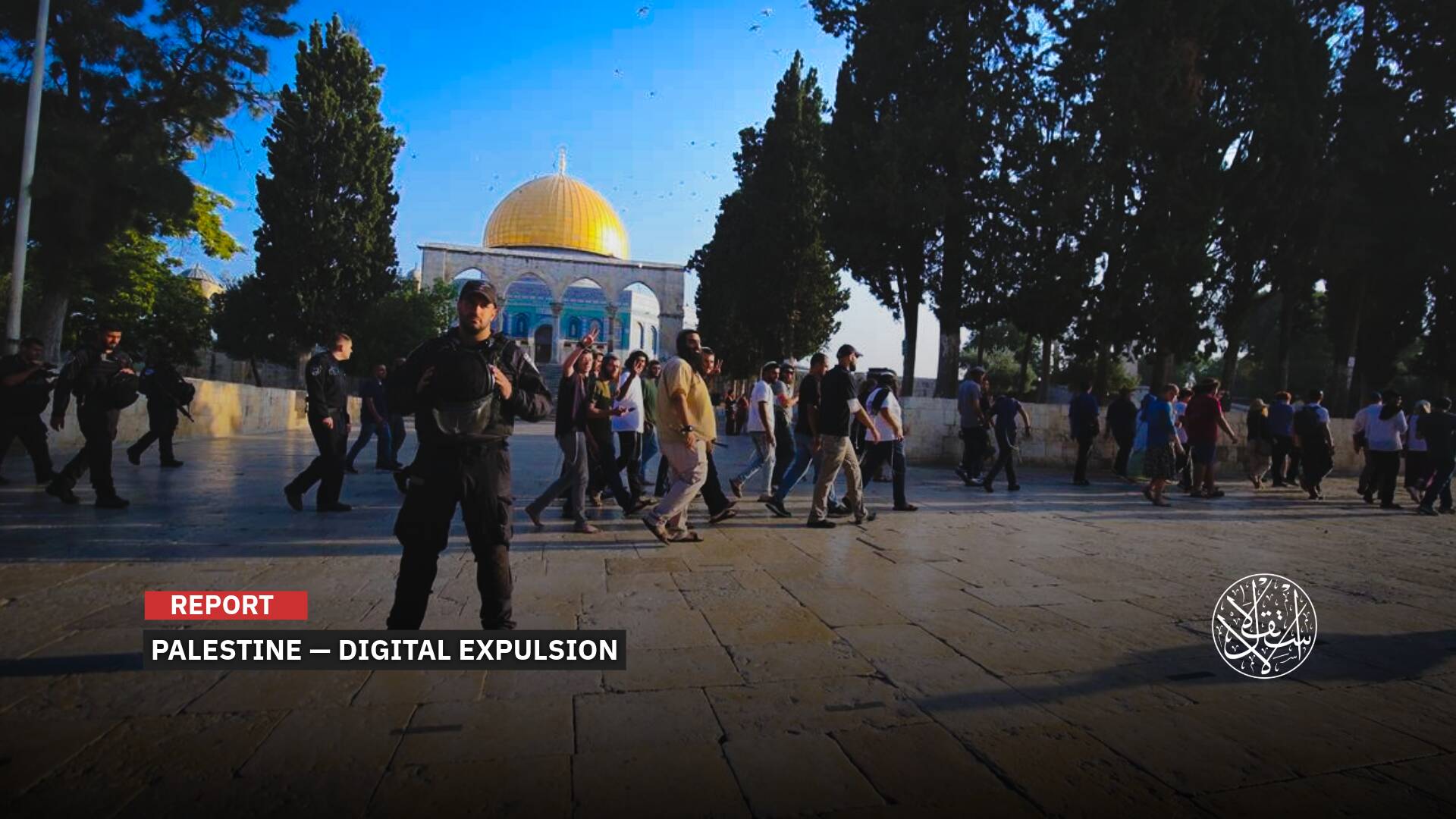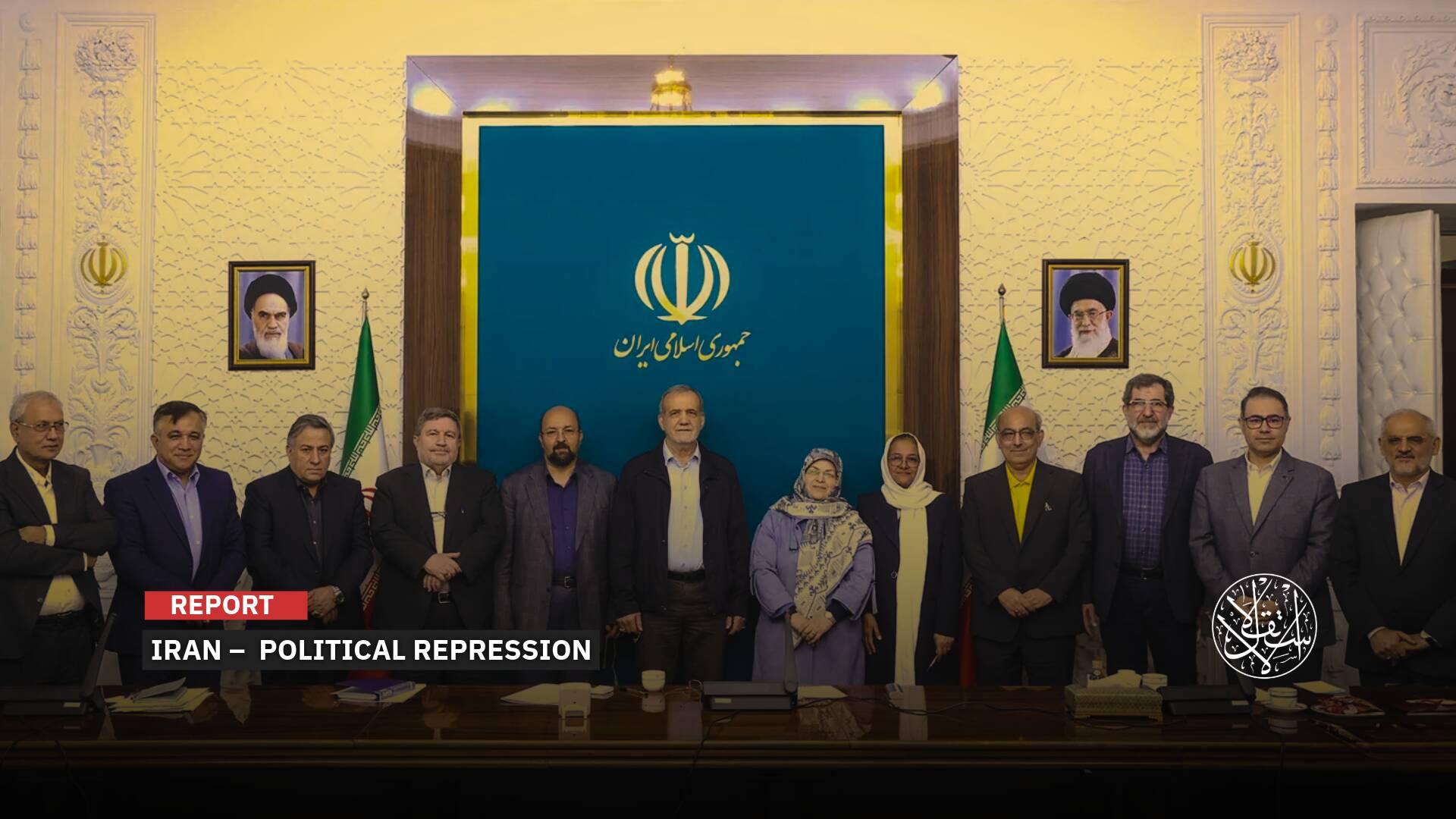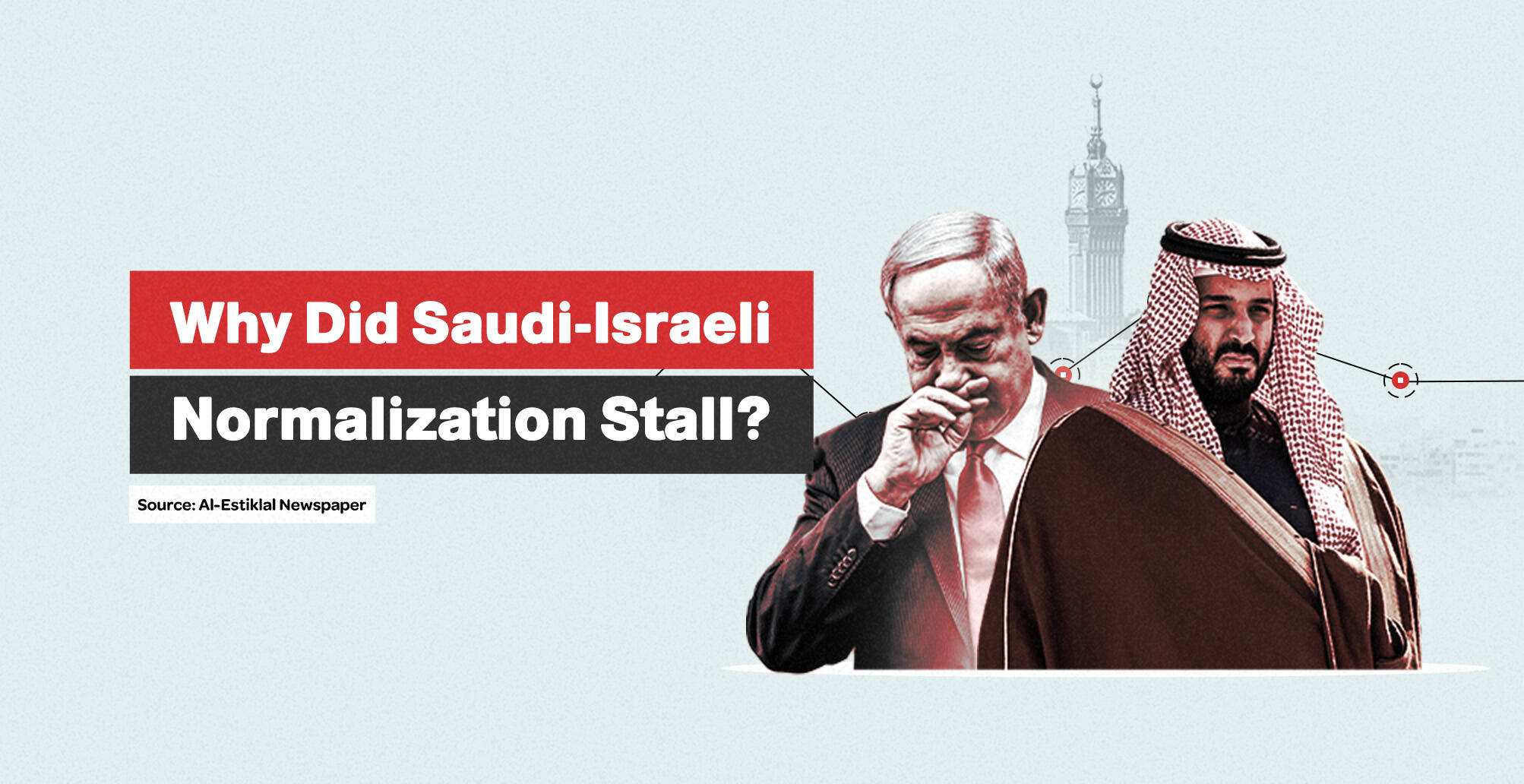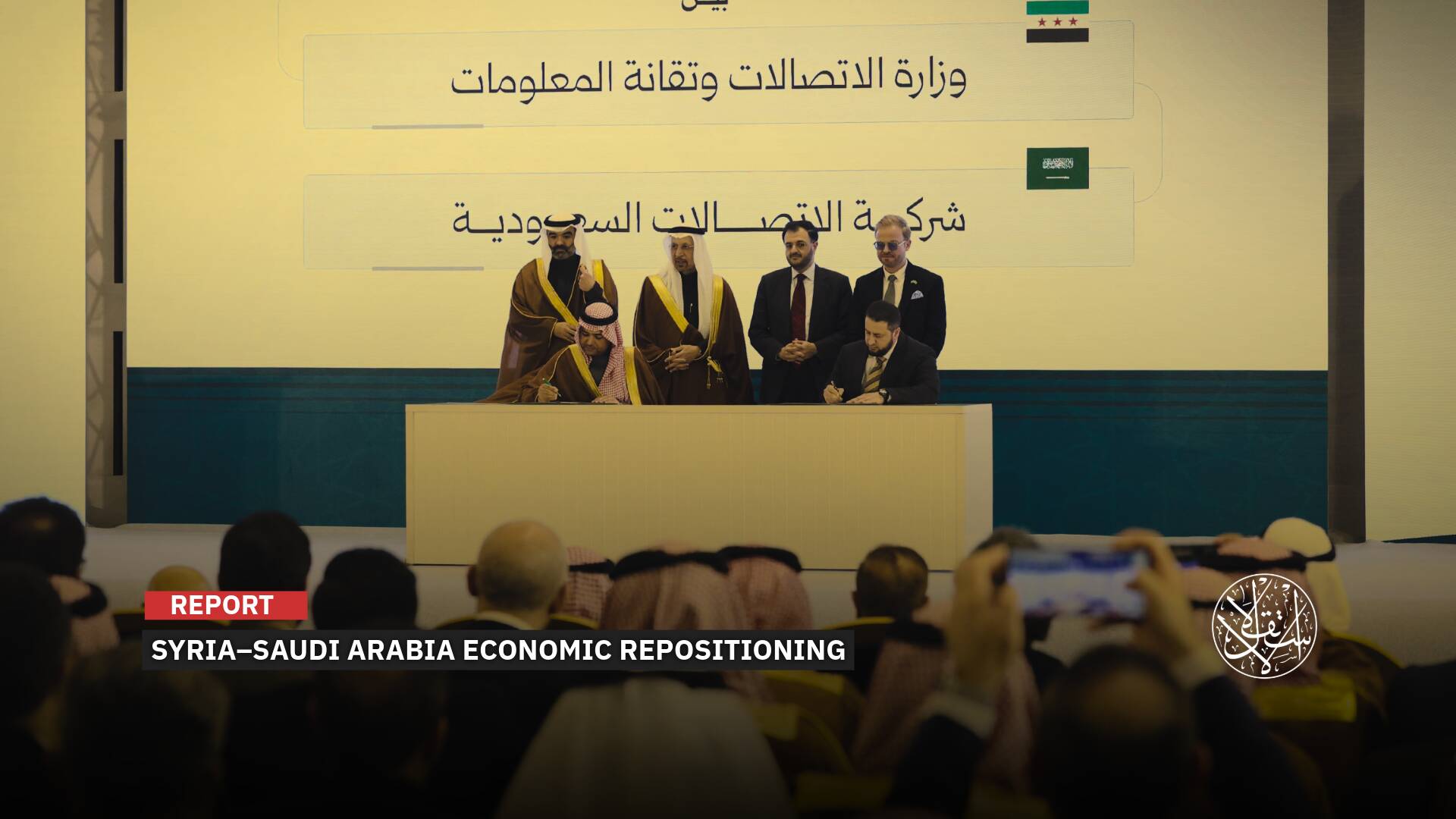Algeria’s Supply of Chemicals and Metals to ‘Israel’: Complicity or Unwitting Pawn of Middlemen?
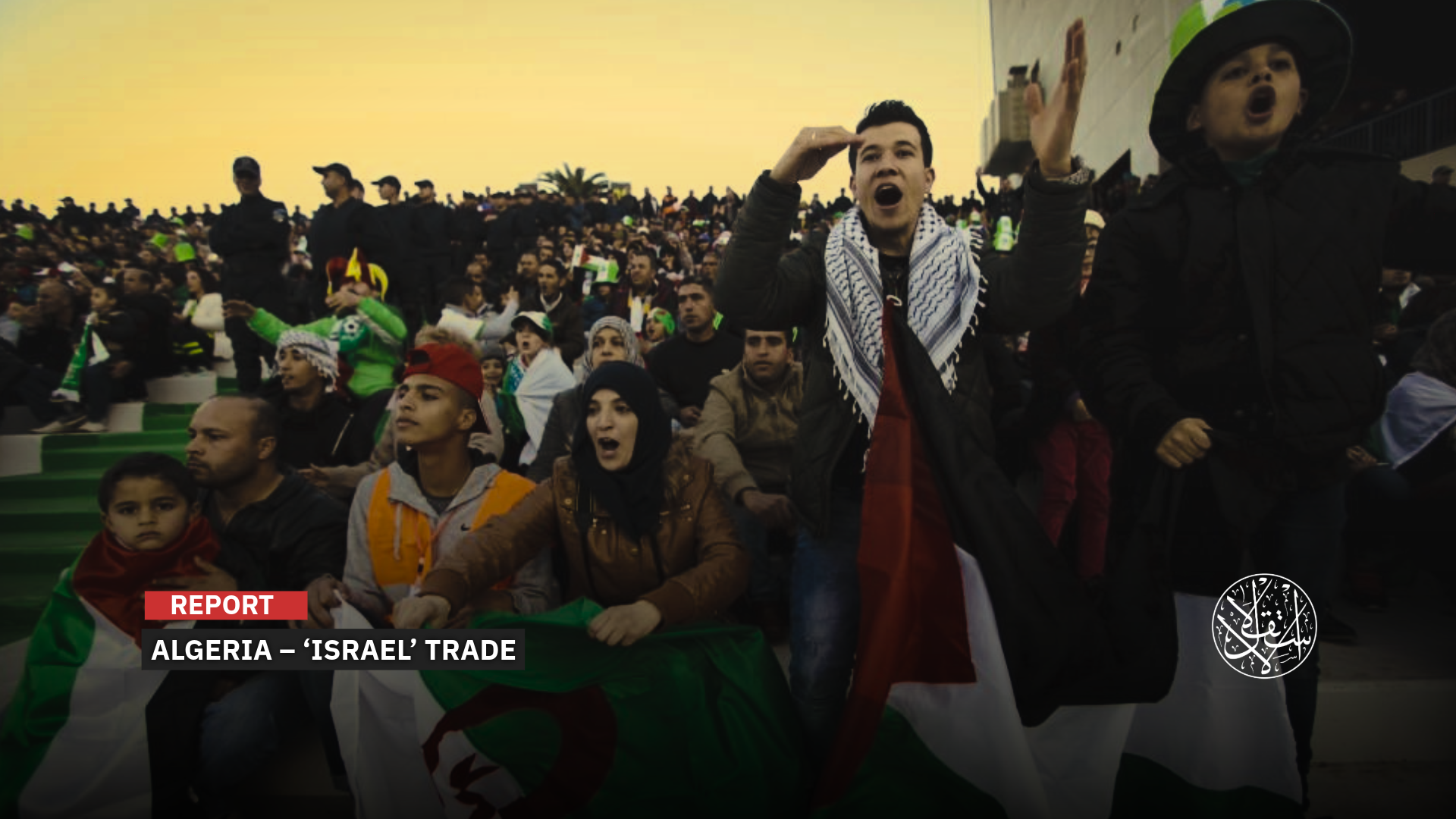
Algeria’s exports to “Israel” continued their upward trajectory in 2021, reaching $14.9 million, before peaking in 2024.
Despite its official denial of any relations with “Israel”, a UN report has revealed that Algeria continues to export a number of materials and products to “Israel,” a conclusion also echoed in specialized international economic reports.
In this regard, an update to United Nations data from the COMTRADE international trade database, dated September 10, 2025, showed a noteworthy pattern of trade between Algeria and “Israel” during the year 2024. According to the data, Israeli imports from Algeria amounted to $32.29 million.
Details indicate that Algerian exports to “Israel” mainly included inorganic chemical materials and compounds containing precious metals such as gold, silver, and platinum.
In addition to radioactive isotopes, which are typically used in medical, scientific, and technical fields, and which can sometimes hold strategic and sensitive importance.
The report notes that Algeria’s exports to “Israel” in 2020 rose to $9.77 million, continued increasing in 2021 to reach $14.9 million, and peaked in 2024.
These figures raise significant questions about the nature of this trade and the routes it takes, particularly in light of Algeria’s official stance rejecting normalization with “Israel.”
In this context, observers point out that such deals are often carried out through international intermediaries or multinational companies, allowing goods to be registered as originating from Algeria, even in the absence of direct relations between the two countries.
Nevertheless, the appearance of these figures in an official UN database raises questions about trade oversight and how well it aligns with declared political positions.
It is worth noting that the statistics published by the United Nations are based on customs reports and data provided by member states, making them a reliable source that accurately reflects cross-border trade flows.
Therefore, the presence of these numbers in the COMTRADE database indicates that the exchange took place and was officially recorded, even if not publicly acknowledged at the political level.
Algerian President Abdelmadjid Tebboune stated in an interview with the French newspaper L’Opinion, earlier this year, that Algeria would be prepared to normalize relations with “Israel” on the day a full Palestinian state is established.
In his interview dated February 2, 2025, he noted that his predecessors, Presidents Abdelaziz Bouteflika and Chadli Bendjedid, had no issues with “Israel.”
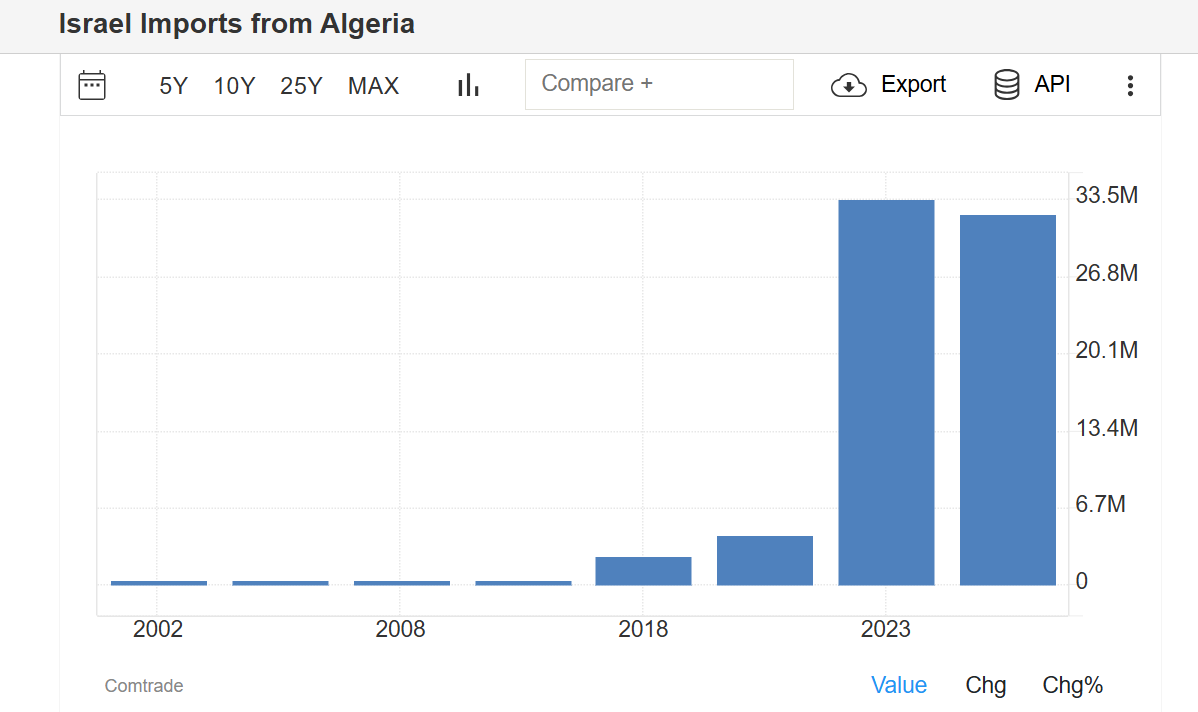
Previous Incidents
Days after Tebboune’s interview with the French newspaper, a report from a prominent American institute revealed a steady increase in trade between Algeria and “Israel” since 2017, particularly through the export of energy and petroleum products from Algeria to “Israel”.
According to what was published by the online outlet Algeria Times on February 16, 2025, the findings were released by the Observatory of Economic Complexity (OEC), a Boston-based center specializing in international trade.
The OEC operates a broad global network covering 500 locations, 5,000 products, and has access to data from thousands of companies.
The report stated that Algeria had advanced in the ranking of “Israel’s” Arab trade partners to become the fourth, following the United Arab Emirates, Jordan, and Egypt. Algeria’s exports to “Israel” exceeded $30 million, the majority of which were energy and petroleum-related materials.
However, this ranking shifted after the signing of the Abraham Accords, brokered by the United States between “Israel” and several Arab countries, including the UAE, Bahrain, and Morocco.
These accords propelled the five Arab signatories to the top of the list of “Israel’s” trade partners, particularly as their relations with “Israel” became formal and public, unlike Algeria’s unofficial stance.
In the same context, a report published during the same period by the magazine Algerie Part in February 2025, revealed that Algeria’s state-owned oil and gas company, Sonatrach, exported no less than 50,000 tons of liquefied petroleum gas (LPG) to “Israel.”
The report confirmed that the trade operation between Algeria and “Israel” was carried out through a major intermediary in the global hydrocarbons market, known as Vitol, which transported the LPG from the port of Oran to the Israeli port of Ashkelon.
The same source stated that “the Algerian oil company sold several LPG shipments to Vitol, which then transported them via chartered vessels to Israel for the Israeli company Eilat-Ashkelon Pipeline Co. (EAPC). Throughout 2021, the Israeli port of Ashkelon received numerous boats and tankers carrying Algerian LPG.”
To avoid raising suspicions within Algeria, the Algerian magazine report added, “Sonatrach and Vitol ensured that the ships departed from the Arzew port in Oran Province and then paused in the Mediterranean Sea, often near the Greek coast, before changing direction toward Ashkelon in Israel.”
According to the same source, several officials within Sonatrach called for a reassessment of the contract with the intermediary Vitol, drawing the company’s marketing division’s attention to the controversial final destination of the Algerian LPG exports.
“especially given that Sonatrach had previously canceled contracts with intermediaries who resold Algerian oil and gas to Taiwan, in order to preserve Algeria’s relations with China,” they added.
In a separate incident that raised numerous questions, a shipping vessel was spotted off the Israeli coast in April 2025, with maritime tracking websites confirming that a ship named CAPTAIN CHRISTOS had made a sea voyage from an Algerian port to “Israel.”
The same data confirmed that the ship’s last recorded stop was at the port of Bejaia, Algeria, on April 11, 2025, before it appeared directly afterward docked at “Israel’s” Ashdod Port on April 18.
Upon reviewing the information from MarineTraffic and VesselFinder, it was revealed that the controversial vessel sails under the Liberian flag, with an overall length of 179.97 meters and a width of 29.8 meters.
This development comes amid the bloody war waged by the Israeli occupation on the Gaza Strip, which has led to the killing and wounding of more than 200,000 Palestinians, in addition to the complete destruction of the enclave’s infrastructure, with the complicity and support of the Western system, particularly the United States.

Political Reading
Algerian journalist and political dissident Walid Kabir believes that the recent report published by the UN body confirms what he had stated more than two years ago, specifically in March 2023, when he revealed that trade between Algeria and “Israel” was growing and had at the time reached $21 million, primarily involving energy products and precious metals.
Speaking to Al-Estiklal, Kabir said he had shared these findings through various media platforms and talk shows, presenting what he described as irrefutable evidence of these under-the-table relations.
He pointed out that the American Institute’s report documented trade exchanges between Algeria and “Israel,” noting that these exchanges exceeded those recorded between Morocco and “Israel” before the signing of the tripartite agreement between Washington, “Tel Aviv,” and Rabat at the end of 2021.
He added that today's documents are credible and conclusive, showing that contact between Algeria and “Israel” has continued under President Tebboune, just as it did under his predecessor, Abdelaziz Bouteflika.
Moreover, Kabir noted that Tebboune himself had stated in his interview with L’Opinion that he would be open to establishing formal relations with “Israel” and recognizing it as a state.
Kabir emphasized that what is happening now is not new. He recalled the now-famous image of General Cherif Zerrad, who formerly served as head of the employment and preparation division of the Algerian army general staff, standing next to “Israel’s” representative, General Benny Gantz, with both the Algerian and Israeli flags visible during the 166th NATO Chiefs of Defense meeting held in Brussels on January 18–19, 2012, specifically during the Military Committee meetings, MC/CS, with Mediterranean Dialogue countries.
The political activist and media figure argued that the Algerian authorities, particularly the military establishment that controls power, attack normalization states through state media in order to gain political and ideological leverage, while in practice they engage with Israeli officials at international and military forums.
He continued, saying he recalled these events in parallel with the recent vote that took place at the United Nations General Assembly on the so-called “New York Declaration,” which condemned Hamas, called for its disarmament, opposed its rule in Gaza, and urged Arab states to normalize relations with “Israel.”
Kabir noted that Algeria voted in favor of the resolution, while Tunisia, Iraq, and Iran were absent from the vote, despite all three countries sharing Algeria’s political and media rhetoric domestically concerning the Palestinian cause.
According to Kabir, what proves that the regime is exploiting the Palestinian cause through slogans with no real action is that the "Freedom Flotilla" heading to Gaza did not stop in Algeria before reaching Tunisia, an omission that raises serious questions.
“Did Algeria’s military, which claims to stand with Palestine, whether right or wrong, fear that Israel would target those ships at the Algerian port, and thus it would be unable to respond, unlike Kais Saied’s government?” Kabir added.
Kabir concluded that the incident involving the CAPTAIN CHRISTOS vessel leaves no doubt that the rhetoric of Algeria’s military rulers is one thing, and their actual conduct is something entirely different.
“In official media, terms like ‘betrayal’ and ‘normalization’ are readily used to accuse nations and peoples of treason, yet in reality, trade continues, and total silence prevails when it comes to the interests of the ruling clique,” as he put it.
Kabir questioned how a regime he described as “hypocritical” could justify the fact that a ship docked at an Algerian port continued its journey smoothly toward “Israel.” “Where are the slogans of boycott? Where is the so-called revolutionary hardline stance they use to outbid other peoples? Has dealing with Israel become permissible as long as it happens in the dark?”
“This scandal confirms that Algeria’s military rulers are merely merchants of people’s tragedies, relying on a propaganda machine aimed at internal consumption, distracting the public from the country’s real crises—from the suppression of freedoms to economic collapse.”
“What’s laughable in all of this is that the same regime that constantly postures against normalization has never dared to call on its citizens to protest in front of foreign embassies, nor to advocate for a genuine boycott of the intertwined interests it quietly shares with countries it publicly claims to oppose,” Kabir said.
Kabir concluded that, amid these secret trade dealings between Algeria and “Israel,” the continued official silence in response to a series of credible reports, and the suppression of public expression against what is happening in Gaza, including bans on national and popular marches, it becomes clear that, in practice, the Palestinian cause is merely a card used by Algeria’s regime for domestic maneuvering and international image-building, without any genuine impact for the cause itself.
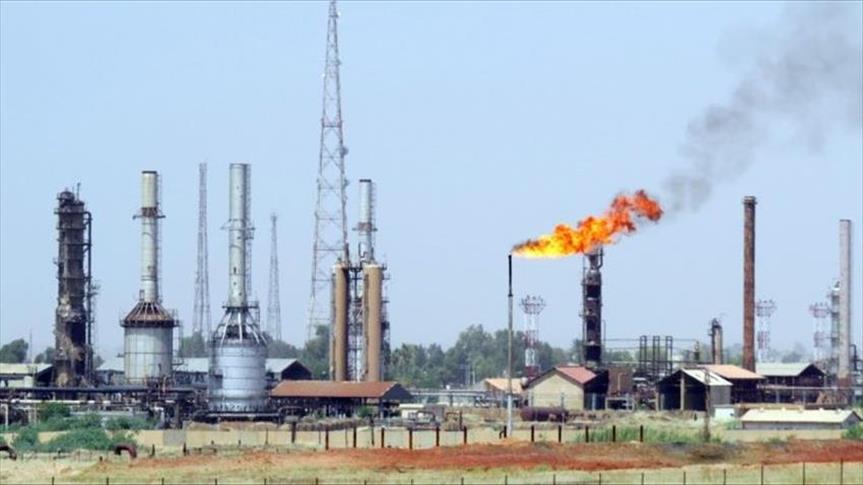
Forbidden Trade
Data from the Israeli Central Bureau of Statistics indicated a 52 percent decline in “Israel’s” trade value with 19 Arab and Muslim countries during January 2025, compared to the same month in 2024.
According to a report published by Quds on March 3, 2025, the drop included a 9 percent decrease in trade with Arab countries, falling from $381 million to $348 million, and an 80 percent decline in trade with non-Arab Muslim countries, from $593 million to $118 million. This came despite a roughly 7 percent growth in “Israel’s” global trade.
Within the group of five Arab countries, Israeli trade with the United Arab Emirates fell by 15 percent, Morocco saw a 28 percent drop, and trade with Bahrain also declined, while trade with Jordan increased by 39 percent, alongside gains with Egypt.
Among the 14 non-Arab Muslim countries, a sharp decline in trade with Turkiye largely accounted for the overall drop in trade with the group, given Turkiye’s significant share.
Israeli trade data for 2024 with these 19 Arab and Muslim countries showed a total value of $7.8 billion, compared to $10.7 billion in 2023, a 27 percent decrease, mainly attributed to the suspension of trade with Turkiye since May 2025.
From a religious standpoint, the Muslim World League called on all countries, especially Muslim-majority states, to immediately and comprehensively sever all forms of relations with the Israeli occupying entity and its supporters, including political, economic, and military ties.
The League’s statement, issued at the conclusion of the “Gaza: An Islamic and Humanitarian Responsibility” conference held in Istanbul on August 29, 2025, said this was “in adherence to the principles of Islamic law, international law, and their obligations to combat injustice and deter the occupation and its ongoing violations.”
The League stressed that “it is religiously forbidden to engage in buying and selling, or any similar dealings, with the Zionist occupiers, and it is also prohibited to allow their ships to pass through the waterways of Muslim countries. This ruling applies universally to individuals, companies, and governments alike.”


